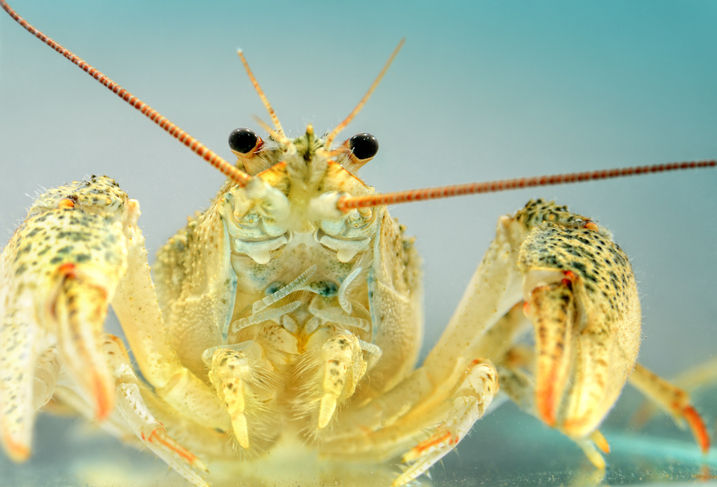Promoting shrimp consumption - but no animal welfare in sight?
- Dec 13, 2023
- 2 min read
The Global Shrimp Forum has published a recent study into the promotion of shrimp consumption.
The study highlights the changing eating habits and demographic of an average consumer with the trend away from traditional meat consumption (Table 1) with “people reconsidering their choices, being open to suggestions; and that this represents an opportunity to increase people’s awareness about and attraction to shrimp.”
Table 1

We are all aware of the benefits of a varied diet with less emphasis on red meat in particular, and seafood is often marketed as a healthy option alongside images of wild caught species in a sustainable environment. The report highlights that shrimp and prawn are affordable, commonly available, attractive to consumers, and people are aware of their nutritional value. They further state “the share of the population that can afford to buy shrimp will grow substantially in the coming years” and cite the US, Europe, China and India as marketing and purchase opportunities.
The report leads on the marketing strategy required to encourage higher consumption through the central dogmas (called a ‘strong pack pf cards’) of nutrition and health, versatility, convenience, and finally sustainability. Whilst there are question marks around some of these aspects – especially sustainability – there is one huge area the report singularly fails to consider animal welfare.
Table 2 gives an approximate idea of shrimp aquaculture production – almost 8 million tonnes live weight in 2021.
Table 2

It is not possible to accurately say how many animals this would specifically include but it would be expected to be in the billions. These are billions of animals that suffer huge welfare compromises at all stages of their production. As larvae, through to adolescent stages and ultimately when they are slaughtered[JB1] . These delicate and sentient animals suffer huge mortality losses, predisposition to disease and injury, until finally experiencing unethical killing methods.
Crustacean Compassion advocates for the consumption of decapod crustaceans, but only where their welfare has been included and considered. We have demonstrated that a strong driver for consumers are industry policies and legislation that ensures that the food they chose to eat is treated humanely and ethically. Some industry leaders recognise this, and our recent Snapshot 2023 (launching January 2024) is demonstrating that in areas of the UK, industry is taking note of consumer demand for high welfare foods and is changing policy. It is not only our opinion but that of many industry players, consumers, retailers, and legislators that if we wish to promote the eating of meat then welfare must be just as important as all other factors. Perhaps I can leave you with a simple quote from Mahatma Gandhi — 'The greatness of a nation and its moral progress can be judged by the way its animals are treated,' and perhaps I can add an addendum in “and not just they way they are marketed.’



